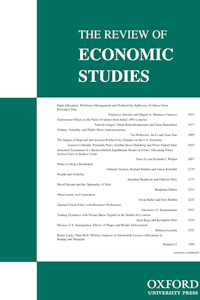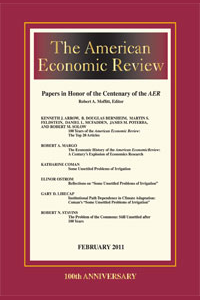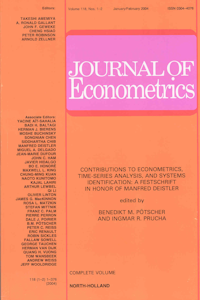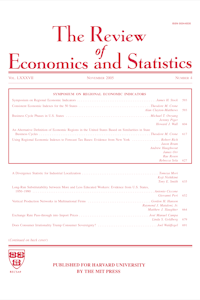
Bartels, L.
The UK's Status in the WTO after Brexit
SSRN
(2017)
Abstract: It has become conventional wisdom that once the UK leaves the EU it will have to renegotiate core aspects of its WTO rights and obligations, and in particular its concessions under Article II of the GATT 1994 and Article XX of the GATS. This article argues that, on the contrary, based on WTO law, GATT 1947 practice, and the rules of state succession, the position of the UK within the WTO will not change at all. First, the UK is already a full WTO member with full multilateral WTO rights and obligations, even if its commitments are set out in the EU's schedules. What will change after Brexit is simply that the exercise of these rights, and the assumption of responsibility (ie attribution) of these obligations will revert from the EU to the UK. What remains is to identify these rights and obligations. This is straightforward for rights and obligations that apply erga omnes partes to WTO Members. It is more difficult to identify the UK's obligations in relation to tariff rate quotas and agricultural subsidies. However, this can be done, and, it is submitted, the UK is also entitled to submit a new schedule for certification as a 'change' not amounting to a 'modification' of its schedule. Any objections will, ultimately, have to be resolved in dispute settlement proceedings, where it is likely that, with properly designed schedules, the UK will prevail. This article also argues against the relevance of the territorial application clause in the EU and EU Member State GATS schedule, in light of customary international law on state succession, and contends, finally, that the UK is entitled to succeed to the Government Procurement Agreement as concluded by the EU in respect of UK covered entities.
Keywords: WTO Law, Brexit, United Kingdom, UK, State Succession
JEL Codes: K33
Publisher's Link: https://ssrn.com/abstract=2841747 ![]()
Grant: Brexit Project




